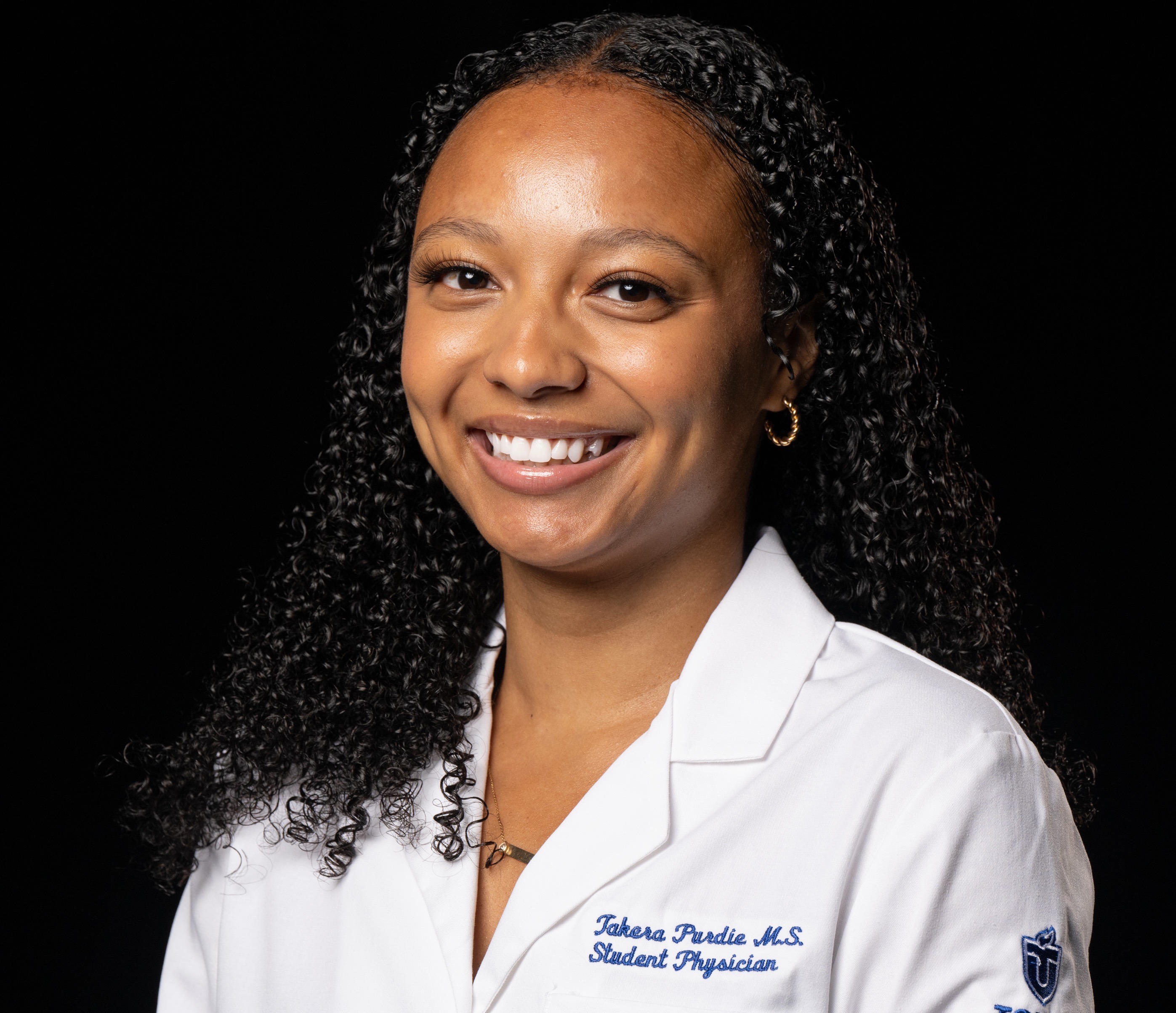New York State Funding Renewed to Further Diversify Physician Workforce
Scholarships Lighten Load for Underrepresented Students Aspiring to Become Doctors

New York State has renewed funding to support scholarships and other aid to underrepresented students in the Master of Science program at Touro College of Osteopathic Medicine (TouroCOM) for the 2024-2025 academic year.
Begun last year, the aid helps offset tuition and pays for a summer prep course in anatomy and histology for newly-admitted students and for a Kaplan MCAT prep course at the end of their studies.
The support for TouroCOM’s “Expanding the Bridge to Medical School” is part of funding granted 18 diversity programs in N.Y. to increase diversity in the healthcare workforce, improve access to care and eliminate health disparities. The Associated Medical Schools of New York manages the funding.
Limited Progress in Health Equity
“The concept of health equity has been around for decades, but limited progress has been made in improving health outcomes for racial and ethnic minorities,” said TouroCOM Professor Dr. Kamila Ali, who applied for the funding.
“Estimates indicate that by the mid-21st century, ethnic minorities will be the majority; thus the U.S. healthcare system needs to adapt to address the health disparities and provide health equity. A diverse workforce of physicians enhances cultural sensitivity, improves clinical care and is more likely to serve medically underserved communities,” said Dr. Ali.
Underrepresented minority (URM) physician representation remains disproportionately low, with Black, Hispanic and Native Americans comprising one-third of the U.S. population but only nine percent of all practicing physicians - a percentage that has not changed substantially in 30 years because of rising costs of education and lack of MCAT preparation for medical school and mentoring, she said.
The TouroCOM MS Program
TouroCOM MS program was launched in 2008 to prepare students for medical school, address the shortage of physicians from communities historically underrepresented in medicine and increase care in underserved communities. Students who achieve a 3.45 GPA and pass a comprehensive exam are eligible to matriculate directly into the entering DO class. To date, 480 graduates have followed that path.
“The master’s program has proven effective as a pathway to medical school for some URM candidates; however a significant portion do not matriculate into medical school,” said Dr. Ali.
Seven out of 10 MS students from the inaugural cohort receiving state support last year matriculated into the DO program. The students attribute their success in large measure to the support they received as master’s students.
“I am very thankful. I knew I would have to take out loans, said Takera Purdie, OMS-I, who was working as a medical scribe in an orthopedic practice. “Finances were my biggest worry because I knew I would have to quit my job in order to fully devote myself to my studies. That meant my checks would stop coming but the bills would not. Assistance from TouroCOM made a difference.”
Purdie, who grew up in the medically underserved Long Island community of Wyandanch, plans to become an orthopedic trauma surgeon helping underserved populations.
“I saw how important the one clinic we had down the street was. Healthcare was an afterthought for a lot of people and it wasn’t because they wanted it to be that way. They couldn’t put their health first for many reasons,” she said.
Less Student Debt
Similarly, Michael Suarez, OMS-I, said the support he received as a master’s student, after being rejected from the DO program, showed him he could become a doctor.
“TouroCOM nurtured me and showed me I could make it to my goal by providing ample resources and support. They gave me a chance to prove myself. I now have less student debt to worry about,” he said.
Suarez grew up in the Inwood section of Manhattan and plans to work with low-income populations with addiction issues, “This population is important to me because both my parents struggled with addiction. I wish there were more I could have done to provide meaningful interventions for them,” he said.
Born and raised in Puerto Rico, Giovani Pacheco, OMS-I, was motivated to pursue medicine after caring for grandparents, one of whom had Alzheimer’s. After college he worked at an East Harlem community health center as a phlebotomist, and on research involving diabetes in underserved populations. Mentoring in Medicine, a non-profit group supporting low-income and URM students who want to become doctors, led him to TouroCOM’s master’s program.
When Pacheco learned he was eligible for the state aid, he said he felt elated and relieved of a burden that would allow him to focus more on his academics.
“I can’t put into words the relief I felt, knowing I could chip away at the loans I’d taken out to study. I am super grateful. It’s a good feeling to know people out there are rooting for you,” he said.

